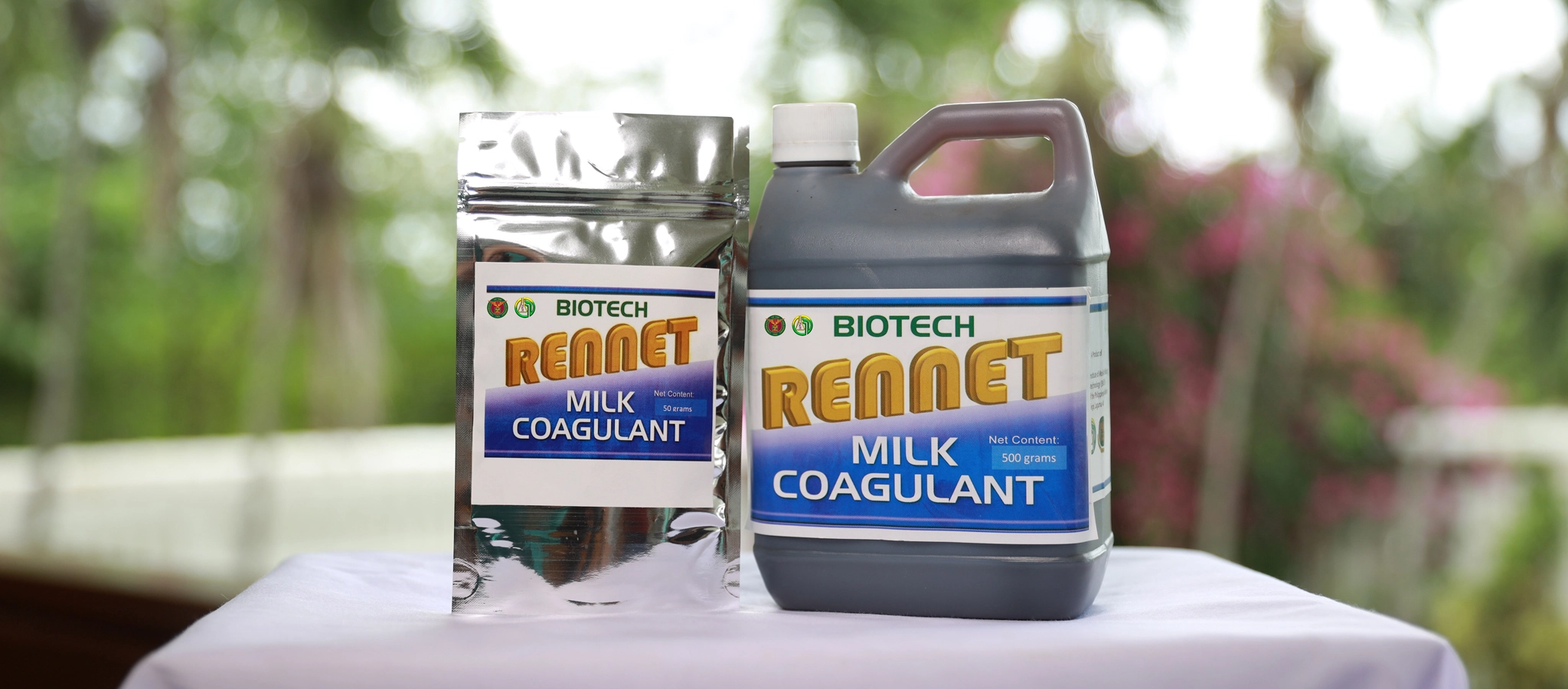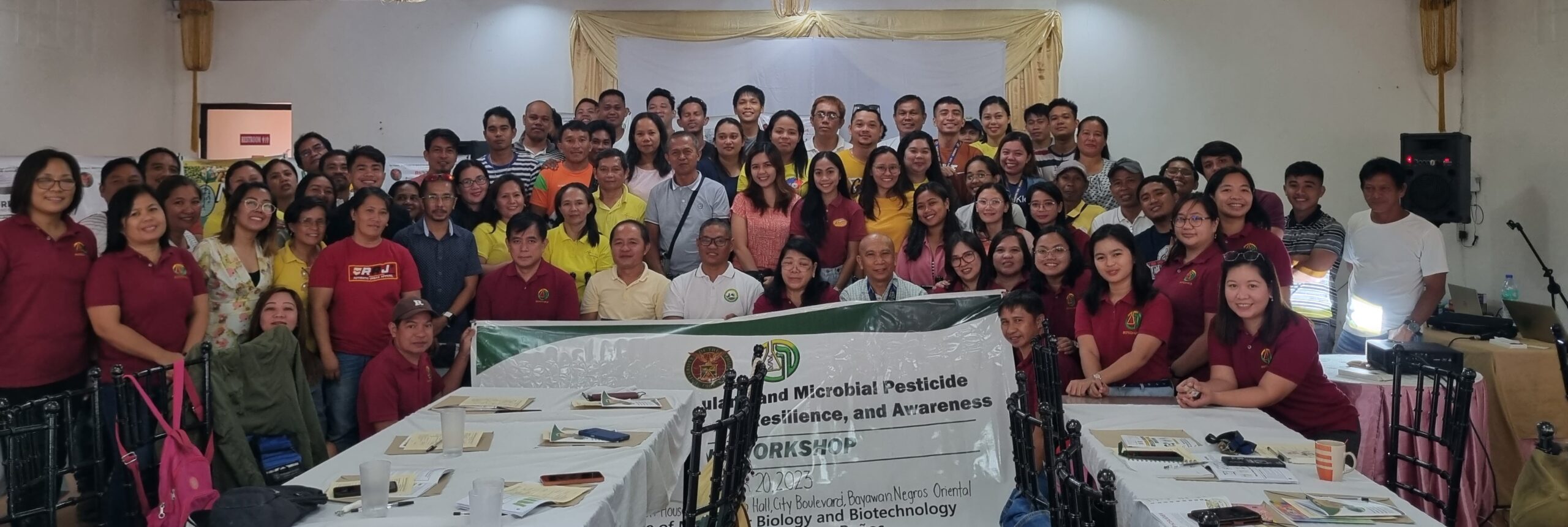
Solidifying the local cheese industry
Cheese! For many of us, it is a favorite snack, eaten on its own, or with bread.
The key to good cheese lies in rennet —a collection of enzymes found in the stomachs of ruminant animals. Rennet’s primary component, chymosin, acts as a dairy coagulant when added to milk, separating it into liquid whey and solid curds. The curds are then further processed into the different cheeses that we all know and love.
Traditionally, rennet is extracted from the stomach linings of young calves, making it a costly and limited resource and prompting the search for alternative sources of chymosin. Over time, substitutes made from plants, or alternative milk coagulants such as vinegar or lemon, have been discovered and used in place of rennet, but with varying results.
The local cheese-making industry accounts for only a small percentage of the country’s overall cheese supply as most of our cheese is imported. Local cheesemakers often use one of three milk coagulants: animal rennet, expensive imported rennet, and acid coagulants vinegar or lemon juice.
But now, cheesemakers can rejoice after a research faculty member from the UPLB National Institute of Molecular Biology and Biotechnology (BIOTECH) developed a cheaper, more efficient, and much more effective local alternative: microbial rennet!
Microbial rennet is a milk coagulant produced via solid substrate fermentation using a fungus. It comes in granular and liquid form, and was developed with small- and medium-scale cheese producers in mind.
It is the brainchild of Dr. Susana M. Mercado, who first came up with the idea for her dissertation topic in 1994. As with many great ideas of our time, it was also for a greater cause—Dr. Mercado wished to help cheesemakers find better and more affordable alternatives to the traditional rennet.
Starting from 40 different mold species, she conducted tests to screen them for a specific milk-coagulating enzyme and was able to isolate one particular culture that had 200 times more activity than the others. From there, she further refined the product to granule and liquid forms.
Branded as BIOTECH RENNET™, the microbial rennet has been found to be an excellent replacement for traditional rennet in making kesong puti, cream cheese, processed cheese, and blue cheese.
Microbial rennet’s high milk clotting activity yields cheese that is of more stable size and weight. The cheese also retains more protein and fat, making it creamier, tastier, and more uniform in texture. Moreover, microbial rennet doubles the shelf life of soft cheeses while maintaining their taste.
It is also more economical because one does not have to slaughter a young calf to obtain it. Thus, it becomes a cheaper alternative and makes upscale production easier.
BIOTECH RENNET™ is available at UPLB-BIOTECH, and has been designated as one of UPLB’s Champion Technologies for Commercialization. Some companies have already expressed their interest to commercialize it. Once fully commercialized, this technology will surely prove instrumental in boosting the local cheese-making industry. (Albert Geoffred B. Peralta)
This article was originally published in UPLB Horizon with the URL https://horizon.uplb.edu.ph/horizon-magazine-2022/solidifying-the-local-cheese-industry/?fbclid=IwAR3diurdDb38m2RVvdLscRKGjLntEz-dBAgc5BX_IYV_HwRYKcb2XAX-zQE
- YOU MAY ALSO LIKE



